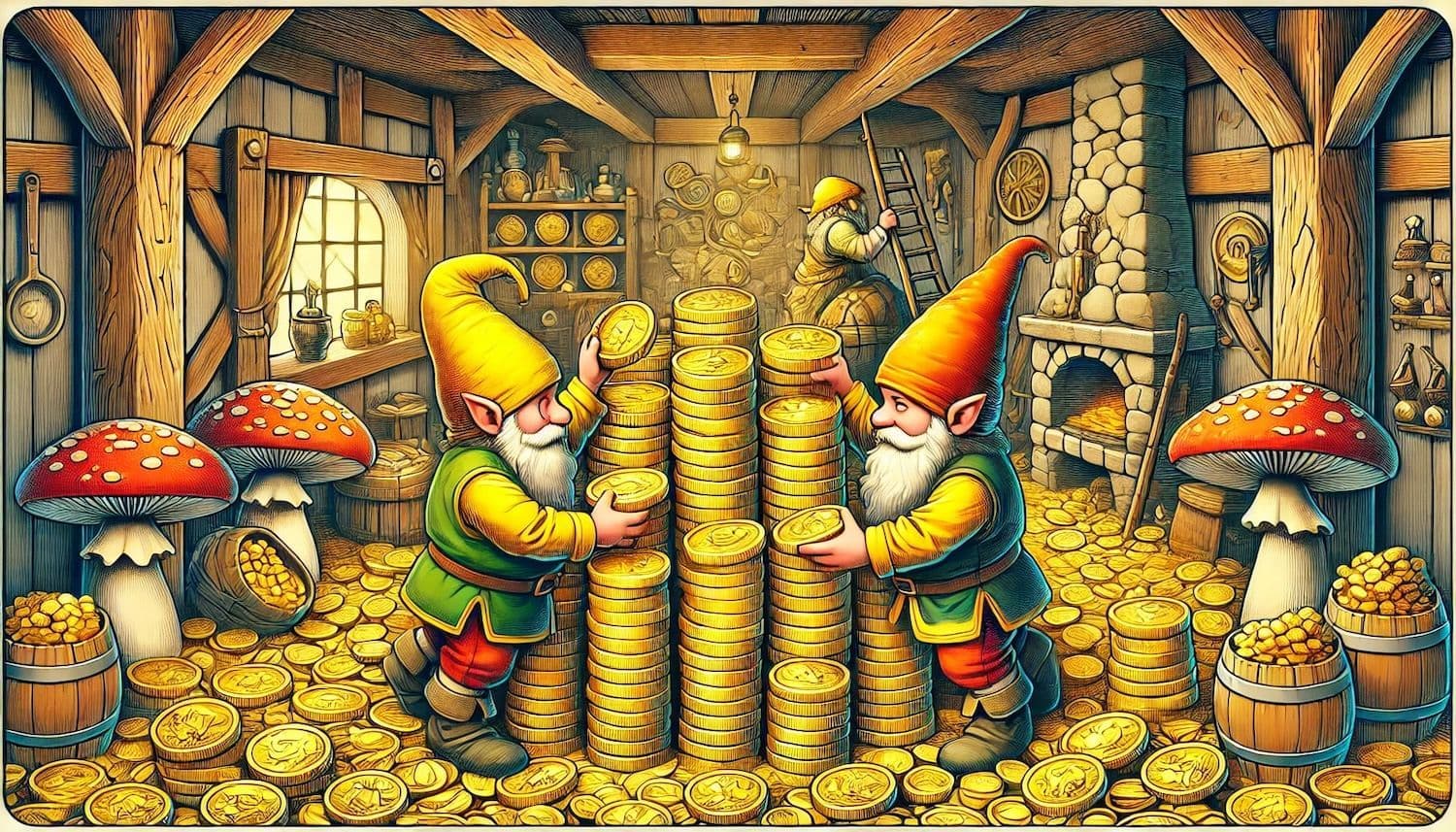Ethereum staking has reached a new milestone. Over a third of the total supply is now staked and some experts say it is time to start worrying about network's centralization. Can Ethereum be seen as truly decentralized blockchain if so much of the tokens are in hands of a relatively small group of people, one might ask.
Not an easy question by all means.
The figure for staking stands at 47.36 million ETH. That's worth about $147 billion at current prices. A whopping figure to say the least.
This marks a significant increase from two years ago, when Ethereum finally switched from Proof-of-Work to Proof-of-Stake consensus mechanism, which was supposed to speed the network up and lower the gas fees. Back then, only 10.9% of the supply was staked.
Santiment shared these findings on social media platform X. They highlighted the rapid growth in staking participation.
"The ETH2 Beacon Deposit Contract, used for staking deposits for Ethereum 2.0, now holds an all-time high 47.36 million ETH," Santiment reported.
Staking is a key feature of Ethereum's new consensus mechanism. It allows token holders to earn rewards by validating transactions.
Ethereum made the switch from proof-of-work to proof-of-stake in September 2022. This move was a game-changer for the network.
The transition brought several benefits. It made Ethereum faster and cheaper to use. It also significantly reduced the network's energy consumption.
Another major impact was on ETH issuance. The Ethereum Foundation estimated that daily issuance would drop from 13,000 to 1,600 ETH.
At the time of writing, Ethereum is trading at $3,143. It's seen a slight uptick in the last 24 hours.
In a separate note, Santiment also ranked crypto gaming projects. They looked at non-redundant daily development activity over 30 days.
The top contenders included MultiversX, Decentraland, and Immutable X. Skale and Root Network also made the cut.
This surge in staking participation is a big deal for Ethereum. It shows growing confidence in the network's future, but it also raises questions about liquidity and centralization risks. We see blockchain as secure no only because of the cryptography, but because of all the decentalization either.
As more ETH gets locked up, it could impact market dynamics. Reduced circulating supply might lead to increased volatility.
On the flip side, it could also create upward pressure on prices. With less ETH available to trade, any increase in demand could have a magnified effect.
For now, Ethereum's staking experiment seems to be paying off. But as with anything in crypto, it's worth keeping a close eye on how things unfold.



